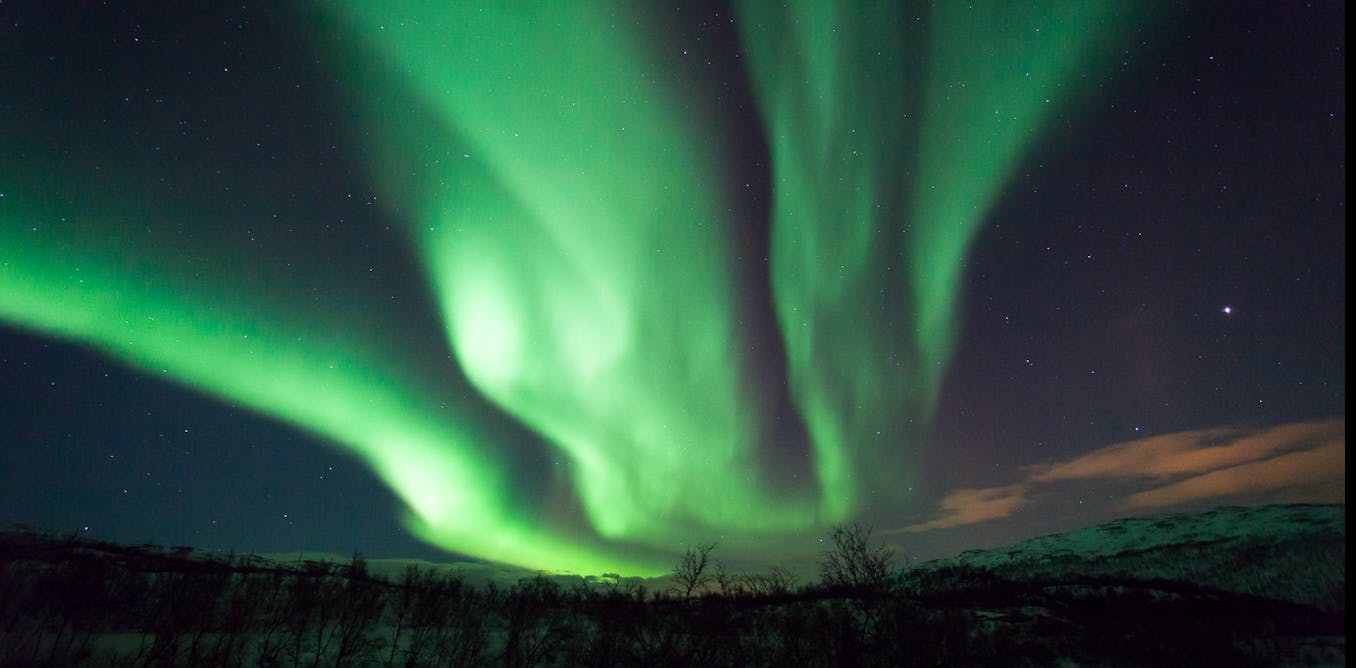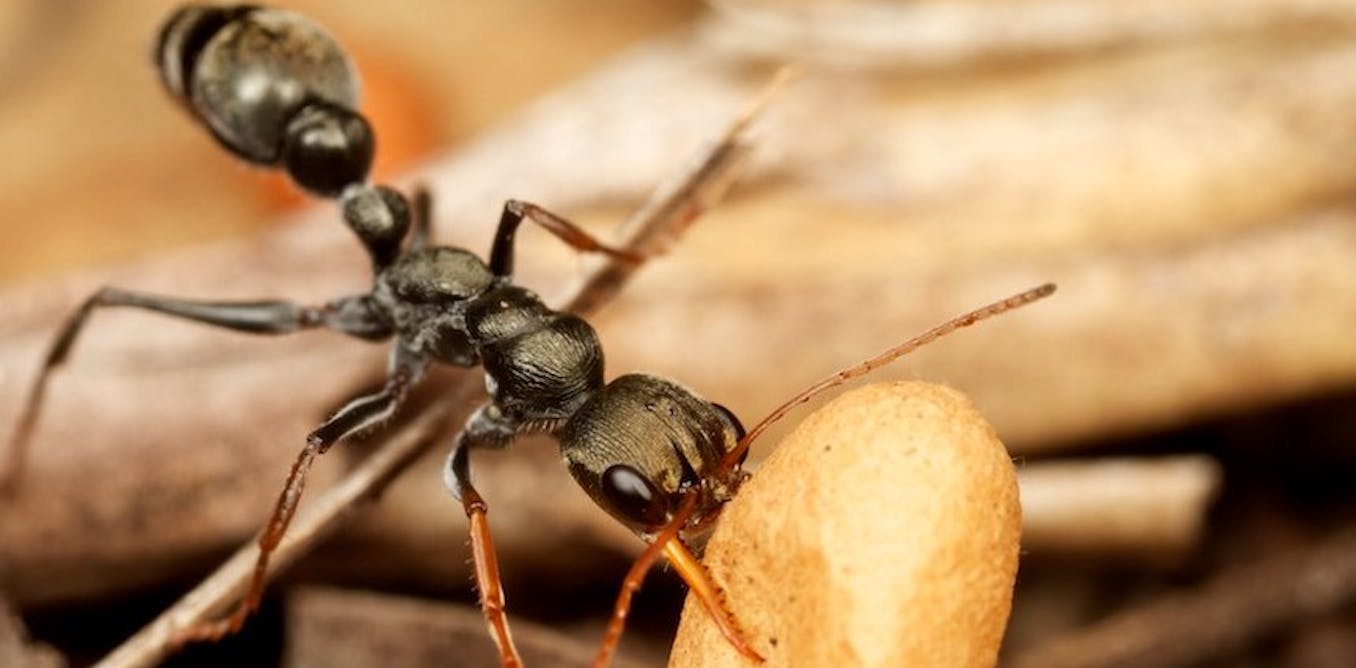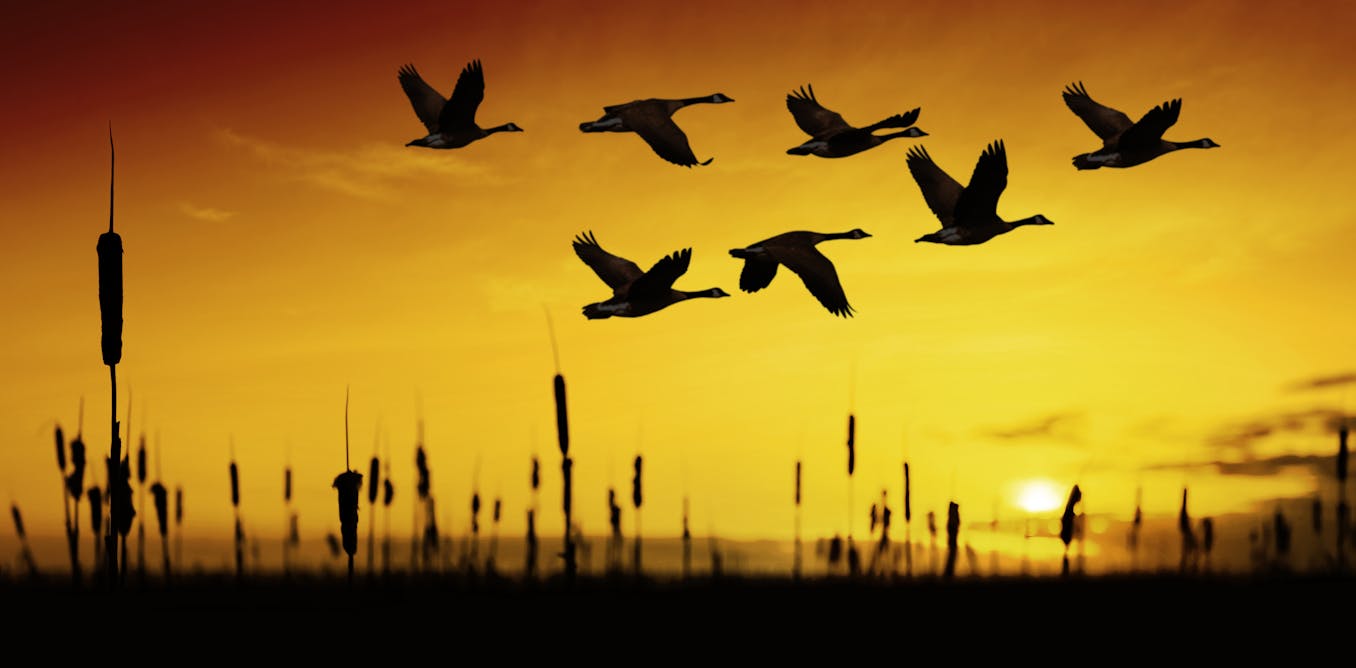A large solar storm could knock out the power grid and the internet – an electrical engineer explains how
Every few centuries the sun blasts the Earth with a huge amount of high-energy particles. If it were to happen today, it would wreak havoc on technology.
March 18, 2022 • ~9 min










